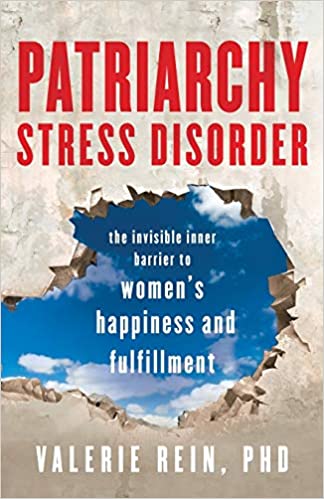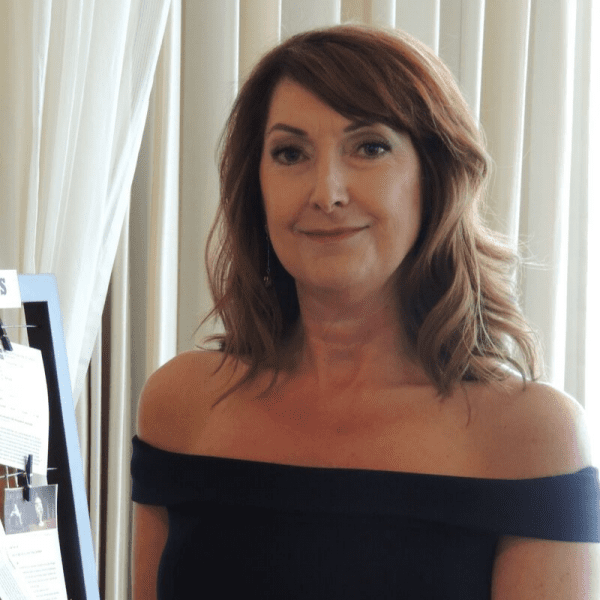House of cards
Dr. Valerie Rein thought she had it all. With a successful career, a nuclear family, and a pretty house in the suburbs, she managed to fool everybody into thinking the same, even her therapist. Then, without warning, a levee broke. While on the phone with a client, the left side of her face went numb—The telltale sign of a stroke. She rushed to the hospital, where doctors told her it was “just stress.”
Dr. Valerie was blindsided. “I didn’t feel stressed,” she explains. “I was just living my life.”
As she lay in the hospital, free from her daily responsibilities, she realized that stress was so ingrained in her life that it became her normal. The root of that stress, she came to find, was trauma.
Redefining trauma
For Dr. Valerie, trauma means more than just a distressed response to a disturbing event: It includes “any experience that makes you feel unsafe in your fullest authentic expression.” Every time we step up to be visible—That is, every time we try to be brave—our subconscious sounds the alarm: ‘Unsafe, unsafe, unsafe.’ Trauma emerges from this friction.
There’s an ample body of research that backs Dr. Valerie’s assertion that trauma causes stress. She cites a case study where neuroscientists introduced mice to a cherry blossom smell while simultaneously zapping their feet with mild electric shocks. Naturally, the mice produced chemical stress responses whenever they smelled cherry blossoms afterward.
The researchers took their work a step further, however, and this is where it gets interesting. When they bred the mice, their mouse pups and grand-mouse pups showed a strong fear and anxiety reaction to the smell of cherry blossoms, too.

Patriarchy Stress Disorder
From here, Dr. Valerie developed a theory: That women experience a particular type of trauma when they desire a life outside the norm. She calls this Patriarchy Stress Disorder (PSD).
This trauma is not an isolated experience: We inherit it across generations and collect it from the women around us. Think about the gendered trauma that our mothers and grandmothers experienced, whether they were under the bell jar or calling for us to lose our chains. Think about the gendered trauma we see in the media, from the #MeToo movement to all of Donald Trump’s sexual misconduct allegations. Even if we didn’t experience them directly, these things can affect us deeply.
Fight or flight or freeze
Our bodies respond to PSD in different ways. Dr. Valerie explains that women who push through the stress to get what they want despite the societal norms are in a constant state of fight or flight. Other women may freeze, or shy away from what they want. The first step to address how Patriarchy Stress Disorder manifests in us, Dr. Valerie says, is to become aware of our own trauma responses. A lot of us are where Dr. Valerie was—So caught up in our stress that we can’t feel it. Once we become aware of it, we can work through it by using mind-body tools that heal that rift. Dr. Valerie offers a detailed five-step process for fully addressing your PSD in her book. She also offers a free exercise on her website.
Community
Dr. Valerie emphasizes that we can’t confront our PSD alone. “All our traumas are received in a community,” she explains. “The healing experience also happens in the community.” If you’re looking for a community of brave, like-minded people to heal with, check out Heather’s Facebook group, Brave On Purpose.
Learn more about Dr. Valerie
Dr. Valerie Rein is a speaker, trainer, and bestselling author of Patriarchy Stress Disorder: The Invisible Inner Barrier to Women’s Happiness and Fulfilment. She holds an EdM in Psychological Counseling from Columbia University and a Ph.D. in Psychology from the Institute of Transpersonal Psychology. Check out her website here. You can also follow her on Instagram and Facebook.



















